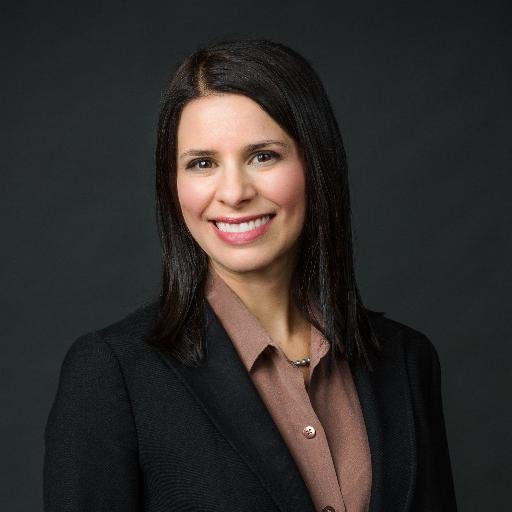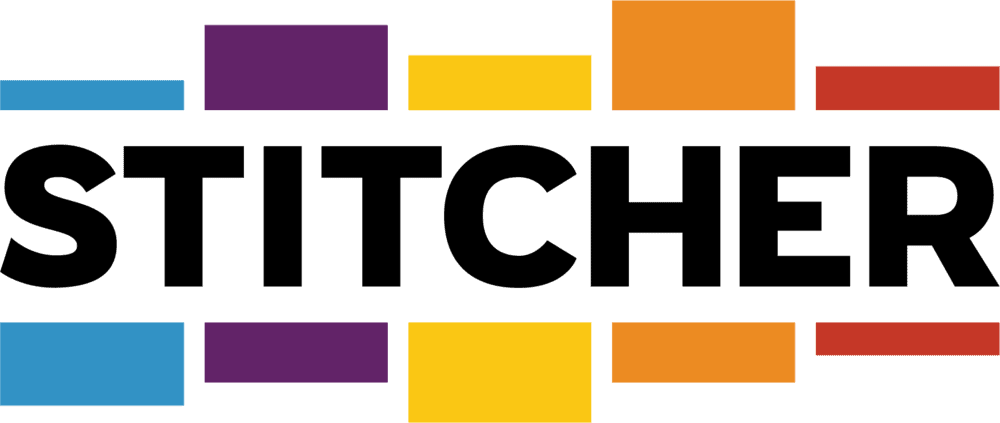Deborah Small, PhD: Processing Probabilistic Events and Making Donations
Deborah Small, PhD is a professor of marketing in the Wharton School at the University of Pennsylvania. Her research crosses the intersections of psychology and economics, examining fundamental processes that underlie human decision making. In recent years, her work has focused on both altruistic and self-interested motivations for philanthropic behavior. She has examined impediments to effective altruism, bragging about prosocial behavior, and the downsides of conspicuous consumption.
A NOTE TO OUR LISTENERS: We recorded this discussion with Deborah on March 6, 2020, and it was one of the last recordings that Kurt and Tim made in the studio together. On that day, the United States confirmed 311 cases of coronavirus out of roughly 100,000 worldwide. While we were all aware of the virus, the World Health Organization had not labeled it a pandemic, which happened on March 11th. At a little after the 26:00-minute mark, we discuss what was going on as “unfolding,” as it was at that time.
Our conversation with Deborah was filled with terrific insights as we pursued inquiries such as how difficult it is for humans to deal with probabilistic events, citing examples of the coronavirus (COVID-19) and the 9/11 tragedies from 2001.
She shared highlights from her research on why people give to charities, the effects of availability bias on our behaviors, the influence of social norms in giving, and how we feel when we hear of boasting and bragging from people who make donations.
She also asked a really good question that is worth considering: Why do so many people make cash donations to charities that are terribly inefficient with their funds?
We hope you enjoy our conversation with Dr. Deborah Small.
© 2020 Behavioral Grooves
Podcast: Play in new window | Download
AIRDATE: March 29, 2020 EPISODE 127
Podcast: Play in new window | Download
Deborah Small, PhD: Processing Probabilistic Events and Making Donations
Featured Guest

Deborah Small, PhD
LINKS
Deborah Small, PhD: https://marketing.wharton.upenn.edu/profile/deborahs/
Peter Singer, PhD: https://en.wikipedia.org/wiki/Peter_Singer
The Effective Altruism Movement: https://www.effectivealtruism.org/
Jeremy Bentham: https://en.wikipedia.org/wiki/Jeremy_Bentham
“Dread Risk, September 11, and Fatal Traffic Accidents” by Gerg Gigerenzer, PhD: https://journals.sagepub.com/doi/abs/10.1111/j.0956-7976.2004.00668.x
Robert Cialdini, PhD on Ego or Altruism: https://www.jstor.org/stable/1449244?seq=1
Susan G. Komen article: https://www.usatoday.com/story/money/personalfinance/2017/10/03/breast-cancer-charity-ratings-julia-louis-dreyfus/714899001/
GiveWell: https://www.givewell.org/charities/top-charities
Common Biases & Heuristics: https://docs.google.com/document/d/1XHpBr0VFcaT8wIUpr-9zMIb79dFMgOVFRxIZRybiftI/edit#
Neuromarketing World Forum: https://www.neuromarketingworldforum.com/
Roger Dooley: https://bgrooves.wpengine.com/episode/roger-dooley-friction-and-engagement/











